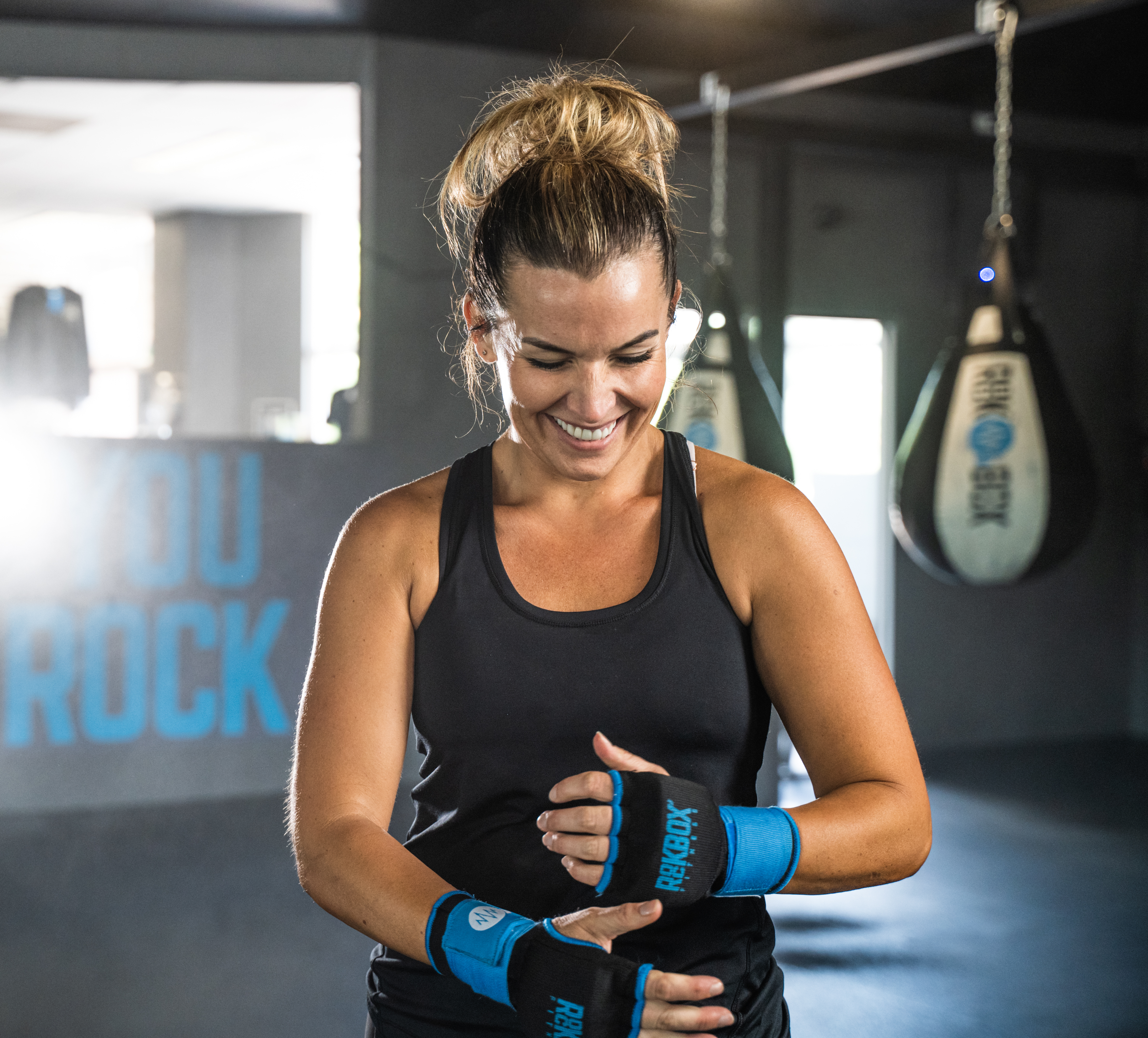How to Actually Get a Good Night’s Sleep
By:Wake Refreshed & Ready to Hit It
If you’re no stranger to poor sleep quality, you’re not alone. In fact, about one-third of Americans don’t get enough sleep. It might not even be for lack of trying – maybe you lie in bed for hours, tossing and turning, waiting for the elusive sleep to set in.
Here are 4 tips for strategically adjusting your lifestyle in small ways that make a big difference with sleep. A little self-discipline goes a long way, and you might find yourself surprised by the results!
Create a Fitness Routine
Forming healthy habits that are good for your body will not only kickstart your physical well-being but can also help you fall asleep more quickly and maintain a better quality of sleep.
The medical director of Johns Hopkins Center for Sleep, Charlene Gamaldo, M.D., says, “moderate aerobic exercise increases the amount of slow wave sleep you get. Slow wave sleep refers to deep sleep, where the brain and body have a chance to rejuvenate. Exercise can also help to stabilize your mood and decompress the mind, “a cognitive process that is important for naturally transitioning to sleep.”
To establish a habit that sticks, find exercises you like doing rather than forcing yourself to try workouts you don’t enjoy.
Manage Your Time for Your Body
As you start working out, pay attention to the time of day you choose to get active. Exercising too close to bedtime can lead to inadequate time for your endorphin levels to lower, but it’s not the same for everyone. Try different combinations to find what fits your body and mind, you’ll also find better sleep.
Along with the best time to work out, things like snacks and caffeine should fit into their own time throughout the day. Caffeine intake within 6 hours of your regular bedtime has been shown to disrupt sleep cycles. Additionally, eating food too close to when you sleep is challenging for your digestive system, as it makes it difficult for your body to relax while it’s processing that late-night snack.
Whether you’re getting sunshine or using supplements, vitamin D has a relation to sleep. Though not all details have been identified, studies show a correlation between vitamin D receptors in our bodies and several areas of the brain that is responsible for regulating sleep. One clinical trial, in particular, found that vitamin D supplementation for 8 weeks led to favorable results in sleep duration and quality.
Morning workouts outdoors could be an option to consider. Natural light has a role in your body’s circadian rhythm, which means that getting into a habit like this can regulate your internal clock.
Stay Consistent to Create Habits
It might not be the easiest to stick to habits from the start. But our brains crave consistency and routine. Set times for yourself to do what’s most important around the same time each day, such as:
- Waking up
- Working out
- Eating and snacking
- Turning screens off
- Going to bed




